The AI PC is coming: Here’s what you need to know
Analysts believe a new wave of AI PC’s will spur increased tech spending in 2024
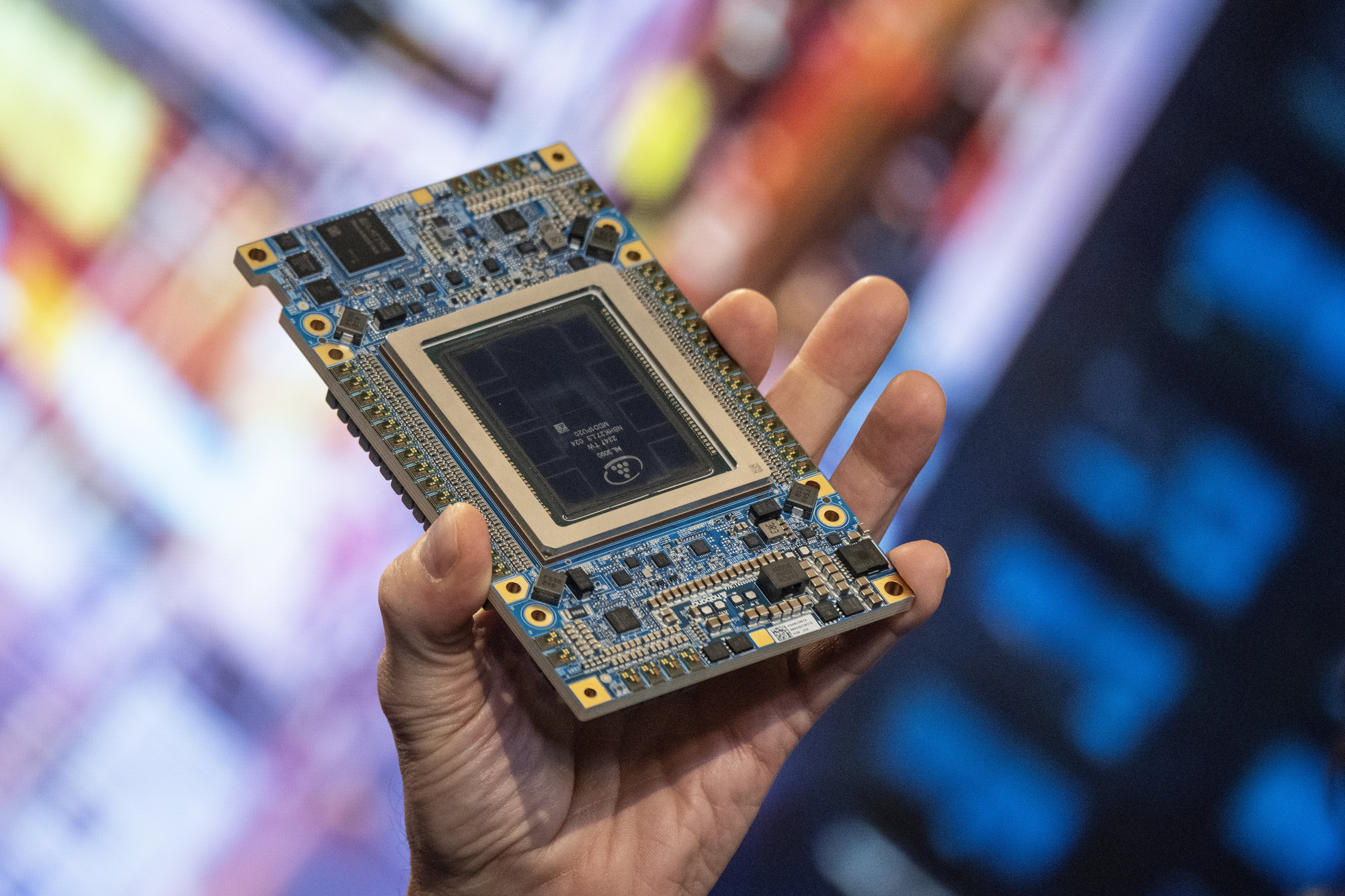

After a long period of decline, the PC looks primed to return to growth, thanks to the arrival of new AI PC devices optimized for generative AI.
PCs have seen seven consecutive quarters of declining sales, with inflation and a more conservative approach to tech spending among enterprises prompting a marked dip in shipments.
But that could be about to change, according to analysts, with an improved economic environment leading to a surge in sales over the holiday period and beyond into 2024.
Across next year, shipments could hit 267 million units – marking an 8% increase compared to 2023, according to analysis from Canalys.
While the need to replace aging Windows 10 devices will be a key factor behind this increase, the consultancy said a sharpened focus on the development of new AI PC models by manufacturers will play a pivotal role.
The global PC market is on a recovery path and set to return to 2019 shipment levels by next year, said Canalys analyst Ben Yeh.
"The impact of AI on the PC industry will be profound, with leading players across OEMs, processor manufacturers, and operating system providers focused on delivering new AI-capable models in 2024,” he said.
Get the ITPro daily newsletter
Sign up today and you will receive a free copy of our Future Focus 2025 report - the leading guidance on AI, cybersecurity and other IT challenges as per 700+ senior executives
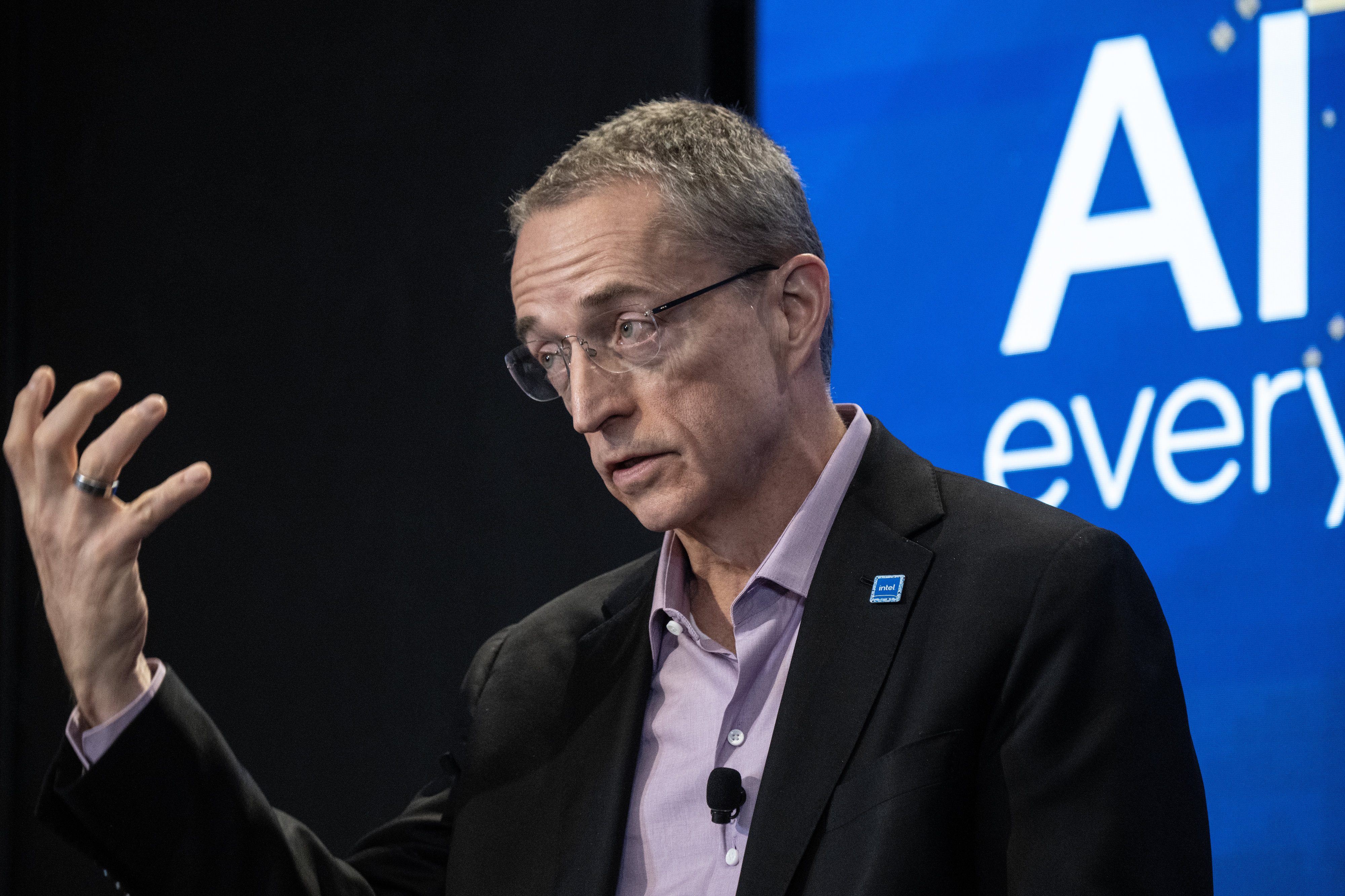
Canalys predicts that by 2027 over half (60%) of PCs will be ‘AI-capable’. It argues that the boom in generative AI will see PCs undergo a significant transformation in both hardware and software.
Hardware makers are also – unsurprisingly – upbeat about the potential here, with Intel CEO Pat Gelsinger saying earlier this month that the “AI PC will be the star of the show” in 2024.
So, what exactly is an AI PC?
Everything you need to know about the rise of the AI PC
Canalys principal mobility analyst Ishan Dutt said that the AI-capable PC category is still in a nascent stage, but the consultancy defines it as a desktop or notebook possessing a dedicated chipset or block to accelerate AI computing.
Current examples include Qualcomm’s Hexagon Tenser Accelerator, Apple’s Neural Engine, Intel’s Movidius VPU and AMD’s XDNA, he said.
“This definition will evolve over time as these dedicated chipset features become increasingly commonplace in mainstream processors,” he told ITPro.
Dutt said there will be a move towards a nuanced grading scale that takes into consideration specifications about the neural processing unit – such as number of tera operations per second (TOPS) and other hardware requirements around memory and storage.
Apple has been leading the way with AI integration with its M1 Neural Engine way back in 2020, and since then Qualcomm has added to its ARM-based 8cx Gen3 chipset's AI capabilities, with a 2024 upgrade featuring the Nuvia architecture and Windows Copilot integration according to the analyst.
RELATED RESOURCE
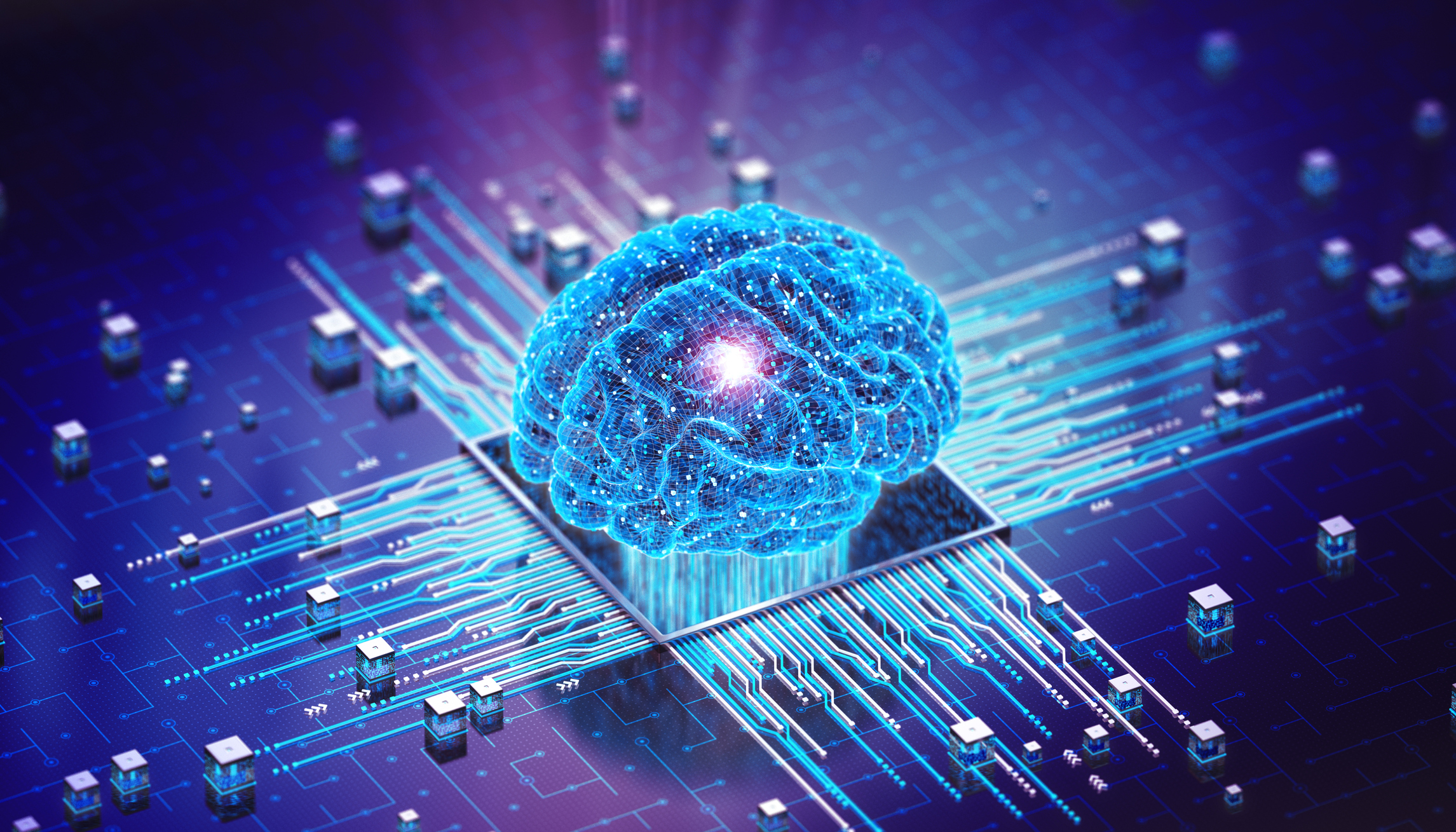
The enterprise’s guide for Generative AI
Get an informed overview of what to consider when executing GenAI
DOWNLOAD NOW
In the x86 world, AMD introduced its AI offering with the "Phoenix" Ryzen 7040, while Intel is marking its AI move by embedding the Movidius VPU in its Meteor Lake range. But beyond the processors, AI PCs will need additional memory, storage and GPUs, Canalys said.
“For instance, as optimized large language models (LLMs) become pre-installed on PCs, a combination of increased storage capacity with high-speed interfaces becomes essential. Similarly, running these LLMs will necessitate more memory and a robust GPU,” Canalys noted.
While adding generative AI capabilities to PCs could make everyone more efficient, the early adopters are likely to be workers who need to use LLMs to crunch data but are cautious about putting that data into a cloud service, or those that don’t want to deal with the latency that using cloud services can create.
Fellow tech analyst Gartner also expects the PC market to bounce back in 2024, as the business PC market is ready for the next replacement cycle, driven by the Windows 11 upgrades.
Meanwhile, it believes consumer PC demand should also begin to recover as devices purchased during the pandemic start to be replaced too.
Steve Ranger is an award-winning reporter and editor who writes about technology and business. Previously he was the editorial director at ZDNET and the editor of silicon.com.
-
 Bigger salaries, more burnout: Is the CISO role in crisis?
Bigger salaries, more burnout: Is the CISO role in crisis?In-depth CISOs are more stressed than ever before – but why is this and what can be done?
By Kate O'Flaherty Published
-
 Cheap cyber crime kits can be bought on the dark web for less than $25
Cheap cyber crime kits can be bought on the dark web for less than $25News Research from NordVPN shows phishing kits are now widely available on the dark web and via messaging apps like Telegram, and are often selling for less than $25.
By Emma Woollacott Published
-
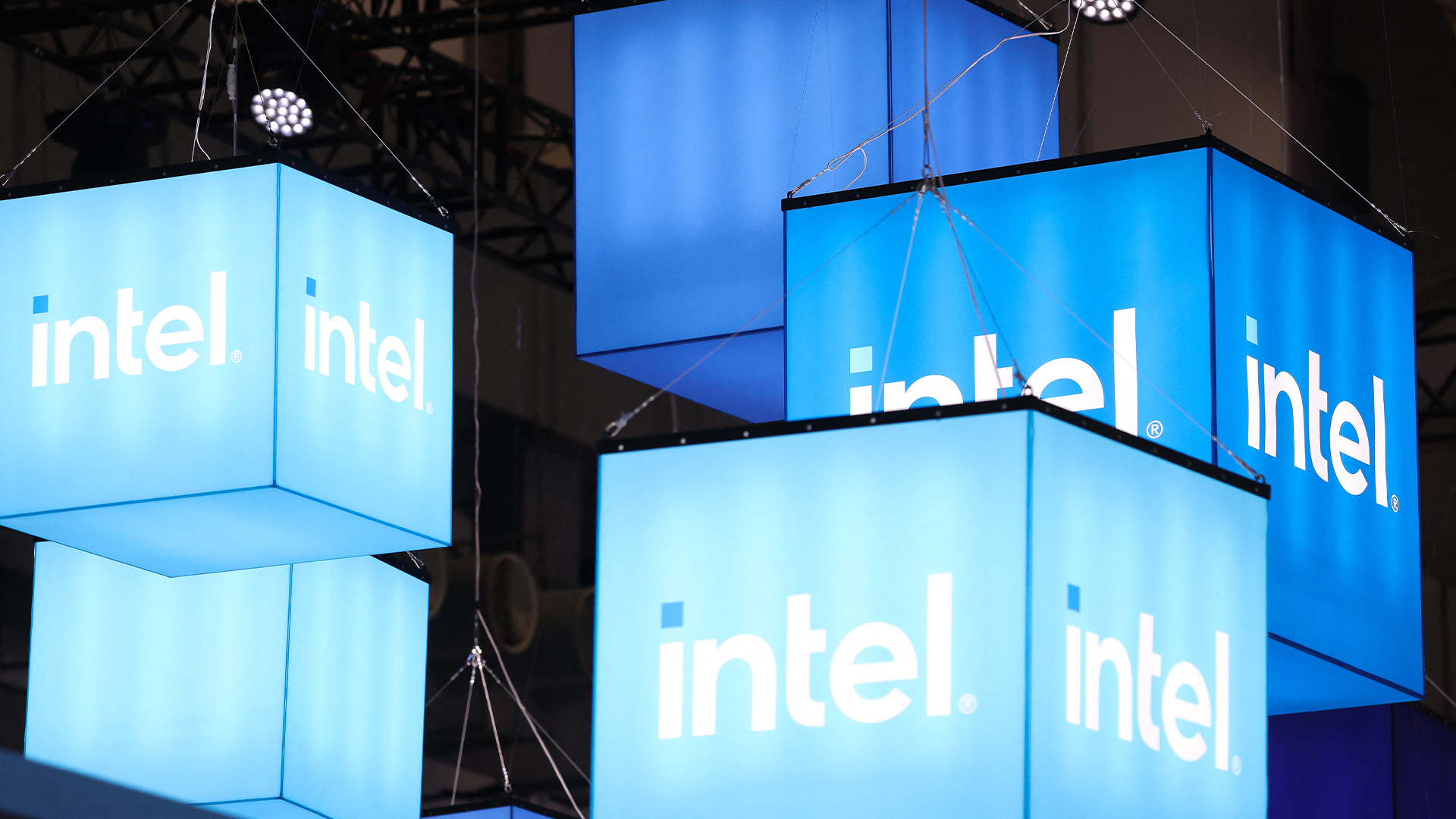 The gloves are off at Intel as new CEO plots major strategy shift
The gloves are off at Intel as new CEO plots major strategy shiftNews Intel’s incoming CEO has some big plans for the firm’s business strategy, sources familiar with the matter have told Reuters, with more job cuts looming on the horizon.
By George Fitzmaurice Published
-
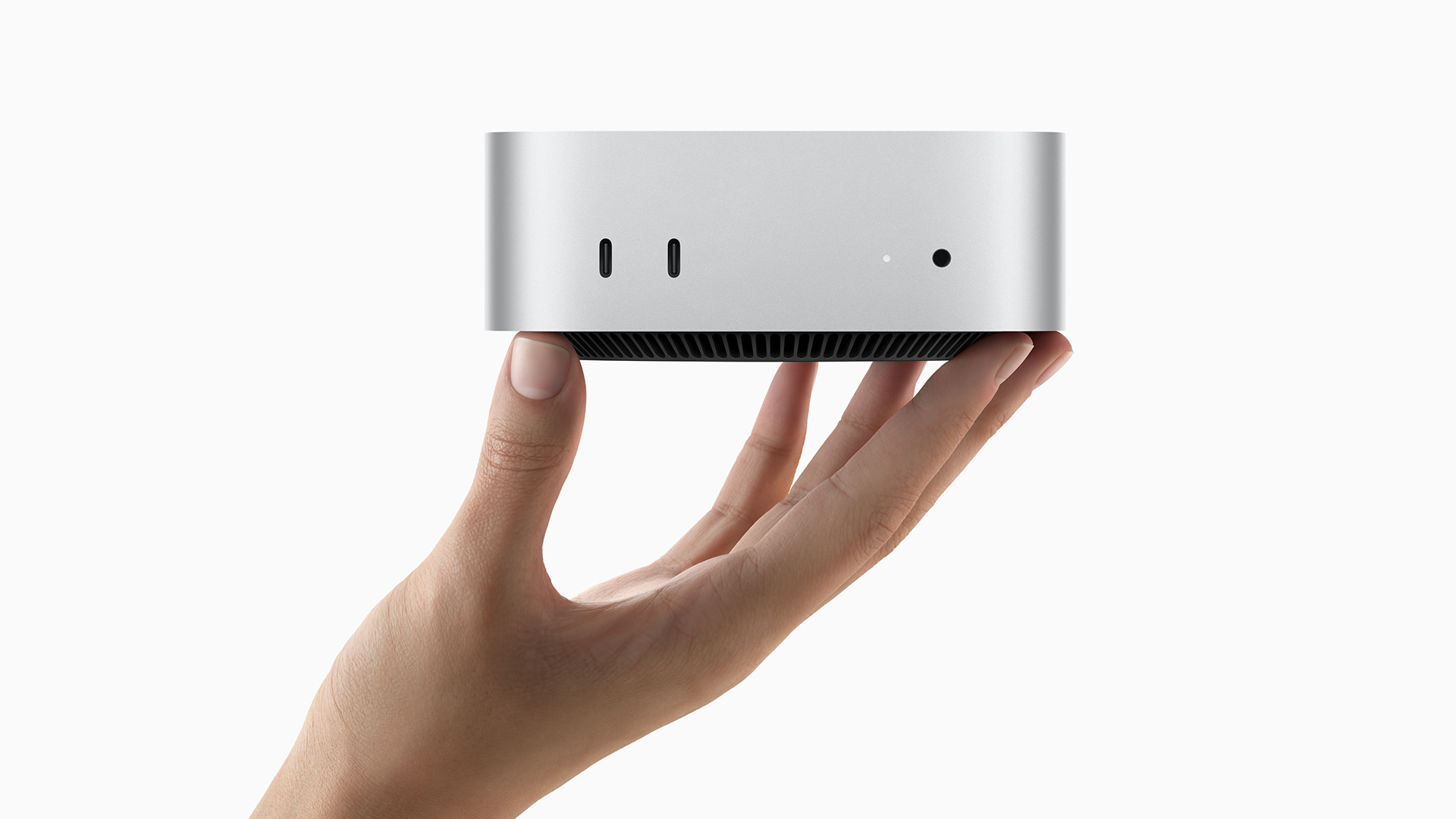 Apple’s ‘carbon neutral’ Mac Mini is small and compact, but packs a mighty punch with the new M4 chips
Apple’s ‘carbon neutral’ Mac Mini is small and compact, but packs a mighty punch with the new M4 chipsNews With a pint-sized footprint only half the size of its M2 predecessor, the M4 and M4 Pro edition of the Mac Mini promises to bring an unprecedented size-to-performance ratio
By Solomon Klappholz Published
-
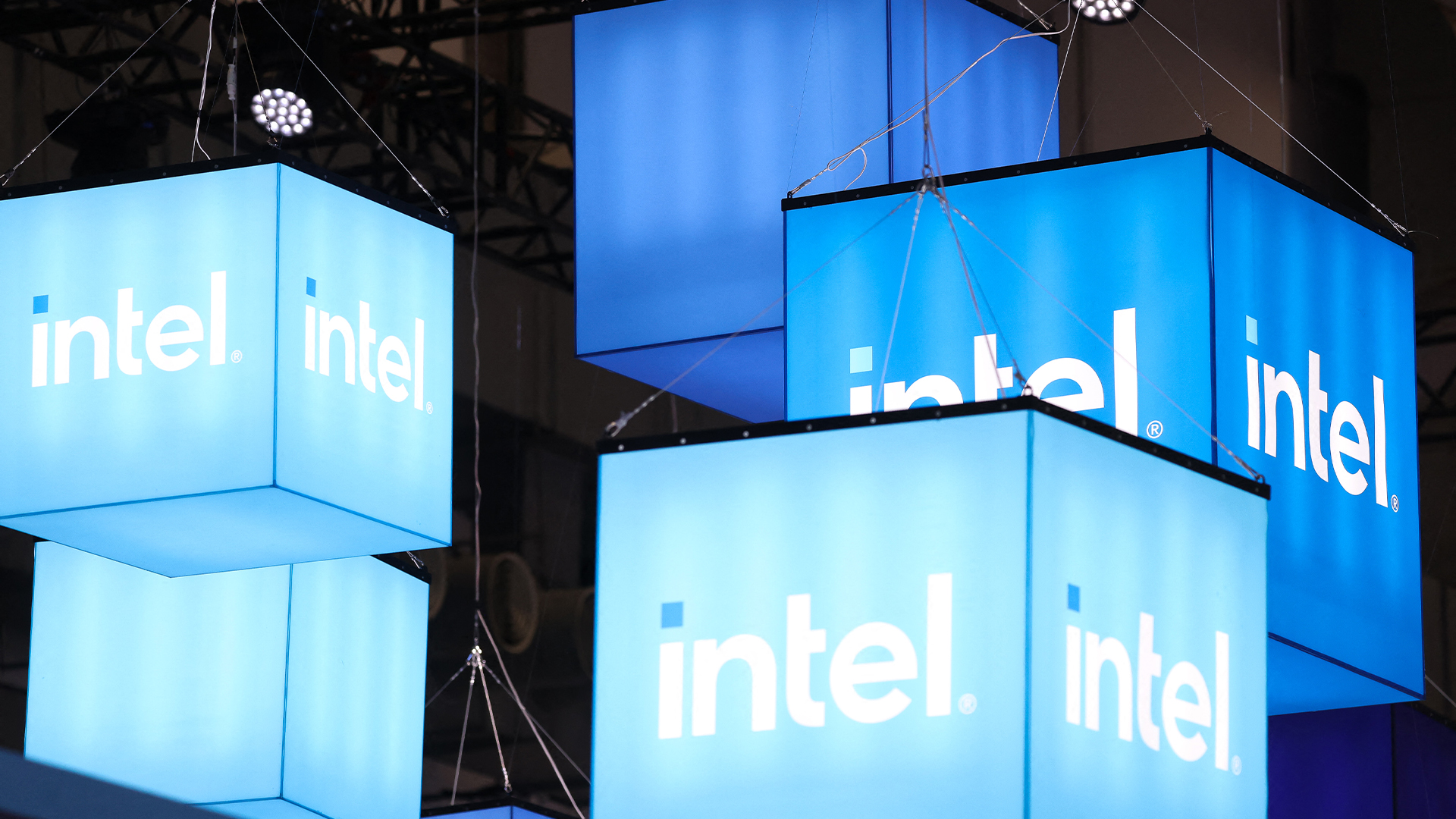 Intel just won a 15-year legal battle against EU
Intel just won a 15-year legal battle against EUNews Ruled to have engaged in anti-competitive practices back in 2009, Intel has finally succeeded in overturning a record fine
By Emma Woollacott Published
-
 AMD and Intel’s new x86 advisory group looks to tackle Arm, but will it succeed?
AMD and Intel’s new x86 advisory group looks to tackle Arm, but will it succeed?News The pair will look to make x86 CPU architecture more interoperable
By George Fitzmaurice Published
-
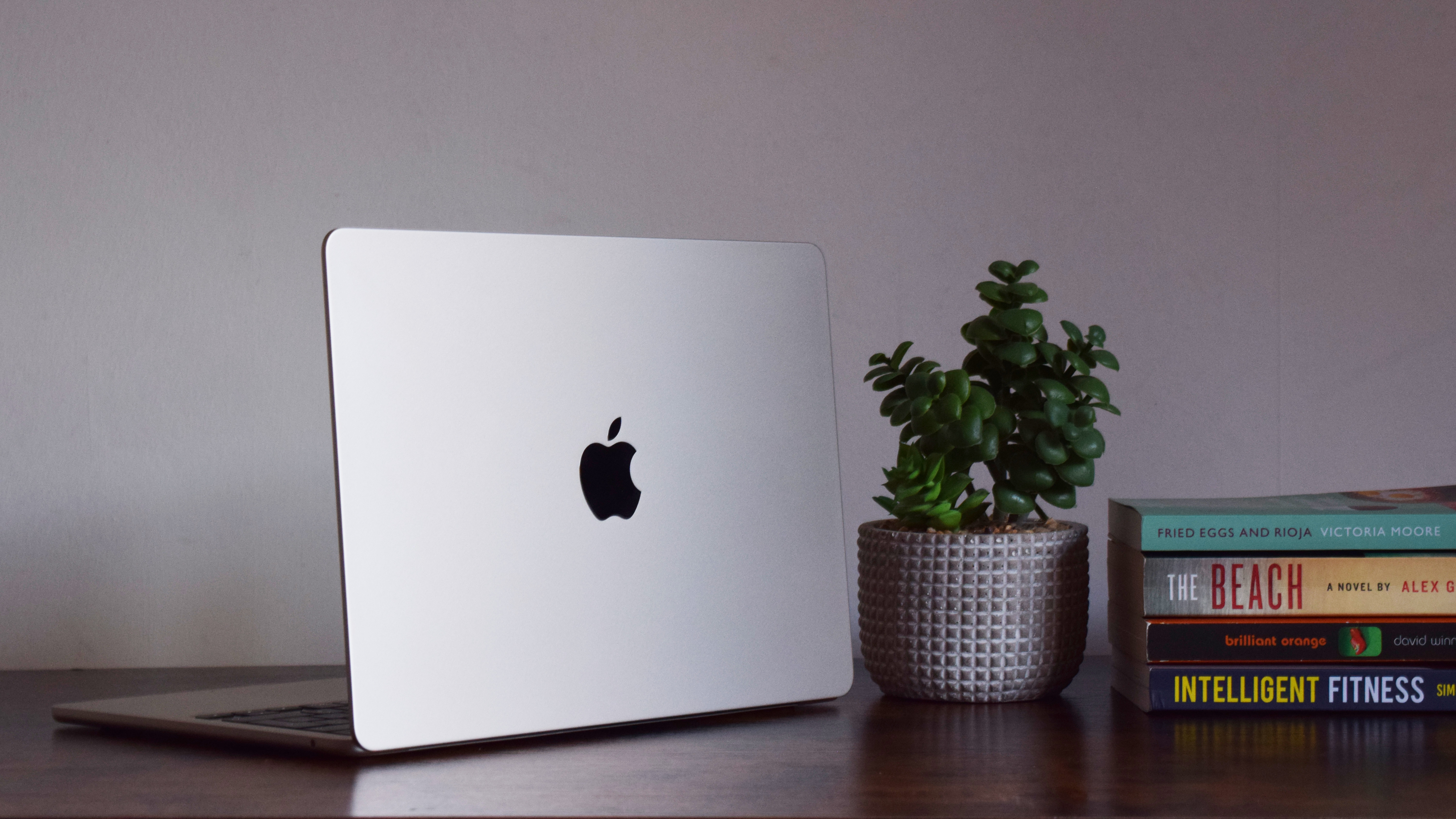 Apple M3 MacBook Air 13.6in review: A lightweight wonder – but not much different to the M2 model
Apple M3 MacBook Air 13.6in review: A lightweight wonder – but not much different to the M2 modelReviews The petit MacBook offering is pleasingly thin and enjoyable to use, but there's better value for money in an older model
By Bobby Hellard Published
-
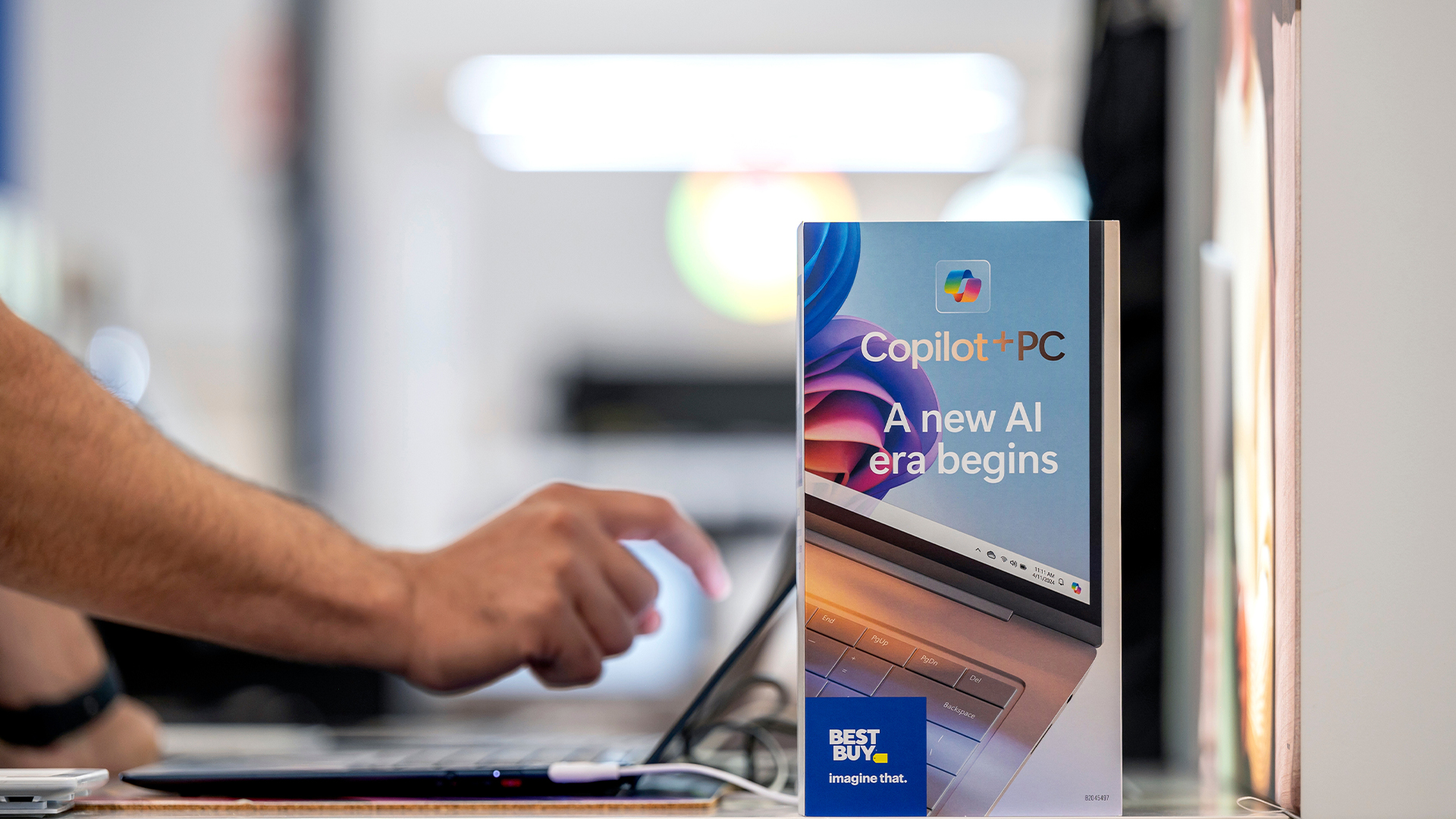 Why the world is about to be swamped with AI PCs
Why the world is about to be swamped with AI PCsNews With adoption rates set to surge, AI PCs will become far more mainstream in years to come
By Nicole Kobie Published
-
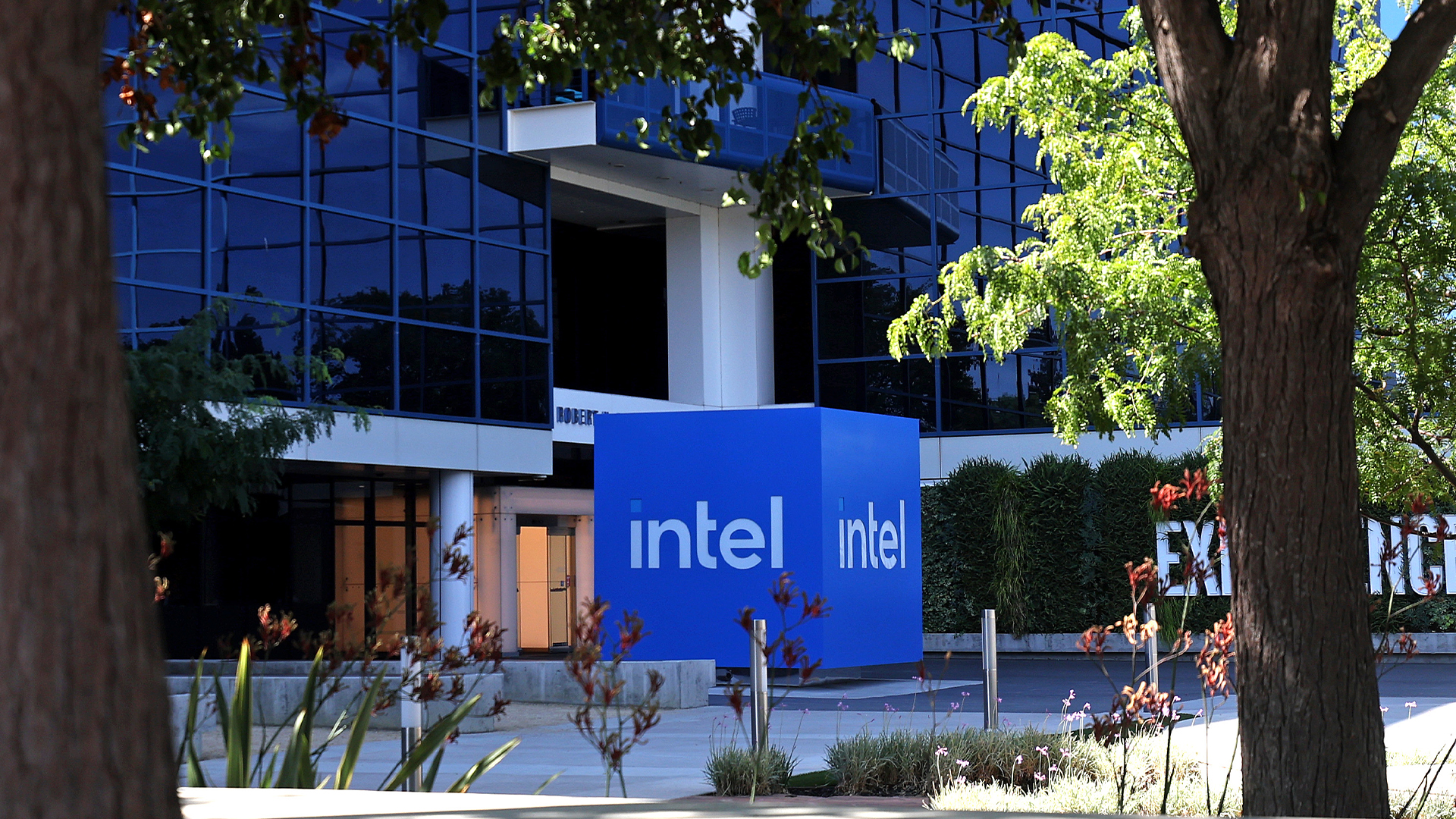 Intel needs to “get its story right” to turn things around and capitalize on the AI boom
Intel needs to “get its story right” to turn things around and capitalize on the AI boomAnalysis Intel has entered a period of uncertainty after announcing restructuring plans and a huge round of layoffs
By George Fitzmaurice Published
-
 How monitors deepen your employee experience and support your distributed workforce
How monitors deepen your employee experience and support your distributed workforcewhitepaper Drive business outcomes by empowering, enabling, and inspiring employees with the right monitors wherever they work from
By ITPro Published